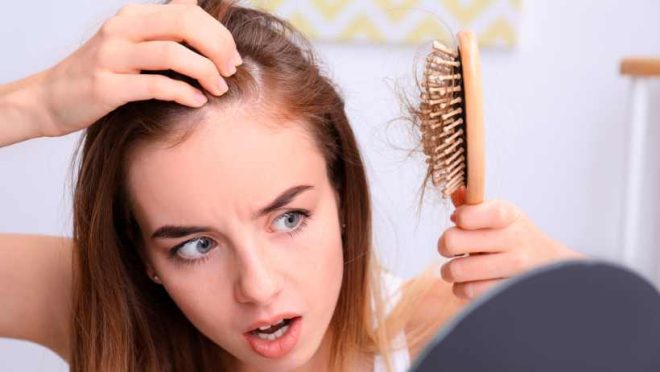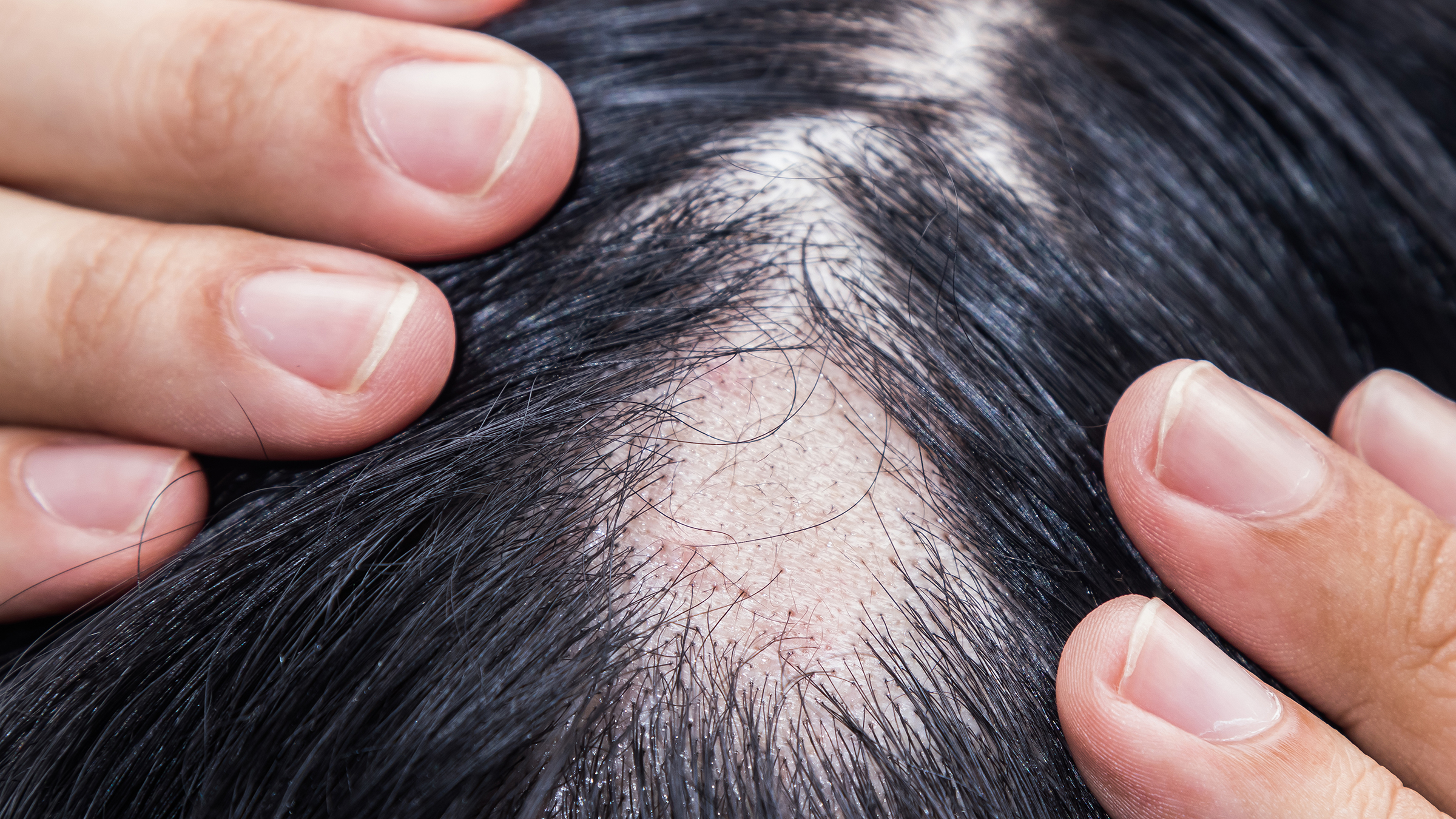
Iron Deficiency Can Cause Hair Loss! Know How to Reverse the Effects
Hair loss can be caused by your genes or other factors like your diet. No amount of iron causes hair loss. Learn about iron-rich foods and supplements.
Hair loss can be temporary or permanent and can be due to many factors, including genetics, hormonal changes, aging, stress, or health conditions like thyroid problems. Poor nutrition can also cause hair loss. Just as protein is essential for healthy skin and hair, you also need iron to keep your hair strong. If your body doesn’t get enough iron, it can cause hair loss! Women may be more concerned because important life stages like menstruation, pregnancy, childbirth, and even pregnancy can lead to iron deficiency. Learn how iron deficiency can cause hair loss and what you can do about it.
Hair loss: How does iron deficiency cause hair loss?
According to the UK National Health Service, iron deficiency is a common cause of temporary hair loss. Heme ensures that hair follicles receive enough oxygen to promote hair growth. When iron levels are too low, oxygen is reduced and hair follicles have difficulty producing new hair. This can have a big impact.
Telogen effluvium, in particular, is a type of hair loss associated with iron deficiency. It causes hair follicles to enter the telogen phase prematurely, causing shedding. Although telogen effluvium is usually temporary, iron deficiency can cause further hair loss if left untreated.

Hair Loss: Who is at risk of hair loss due to iron deficiency?
According to research published in the Korean Medical Journal in 2013, iron deficiency may be a significant factor in the development or occurrence of female pattern baldness, especially in premenopausal women. More and more people may be suffering from iron deficiency, which can lead to hair loss. These include:
- Women of childbearing age are at higher risk of iron deficiency due to blood loss. Pregnant women also need more iron to support the growth of the fetus, and inadequate intake can lead to anemia.
- Because non-heme iron (plant-based iron) is less absorbed by the body than heme iron (found in animal products), vegetarians and vegans may have difficulty meeting their iron needs from food alone.
- Conditions such as celiac disease, Crohn’s disease, or ulcers can impair the body’s ability to absorb iron, leading to iron deficiency.
- Regular blood donations can deplete iron stores, especially if the donor is unable to replace lost iron through diet or supplements.
- Chronic diseases such as kidney disease, heart failure, or cancer can reduce the body’s ability to store or use iron effectively, causing anemia.
Hair Loss: Is hair loss due to iron deficiency grow back?
Yes, hair loss due to iron deficiency in the body can be reversed when iron levels return to normal. When the body receives enough iron, the hair follicles can continue their growth cycle. Therefore, hair can grow back, but it takes a few months for this process to become evident. Most people see hair growth start after 3 to 6 months of iron deficiency, but full regrowth can take up to a year.
The rate of hair regrowth depends on factors such as the severity of the iron deficiency and the person’s general health. If iron deficiency is one of the causes of hair loss, correcting iron levels will eventually cause all hair to grow back. However, if there are other factors such as stress, genetics and hormonal deficiencies, hair regrowth will not be complete or rapid.
How to add iron to your diet?
According to the United Kingdom’s National Health Service, women ages 19 to 49 need 14.8 milligrams of iron per day. If you’re not meeting your needs today, increasing your iron intake is essential to prevent and reverse iron-related hair loss.
Here are some ways to increase your iron:
- Heme iron from animal products is more easily absorbed by the body than non-heme iron from plants. Foods that contain heme iron include fish, red meat, liver, and chicken.
- Vegetarian sources of iron include lentils, tofu, spinach, beans, quinoa and fortified cereals. Combine non-heme iron foods with vitamin C-rich foods like citrus fruits, bell peppers and tomatoes to increase iron absorption.
- Iron supplements are also recommended but should be taken under medical supervision to avoid side effects such as constipation or iron overload.
- If you want to use products, there are also powerful hair products that can help strengthen your hair. Cosmetics can help improve hair growth, but iron deficiency through food and oral medications is better for hair health in the long term.
- Always check regularly, especially blood tests, to monitor iron levels and ensure that hair is protected from iron deficiency.
Iron deficiency can cause hair loss, and it’s important to consider your overall health. Managing stress, getting enough sleep, and eating a nutritious diet can help keep hair healthy and prevent excessive shedding caused by poor nutrition.
